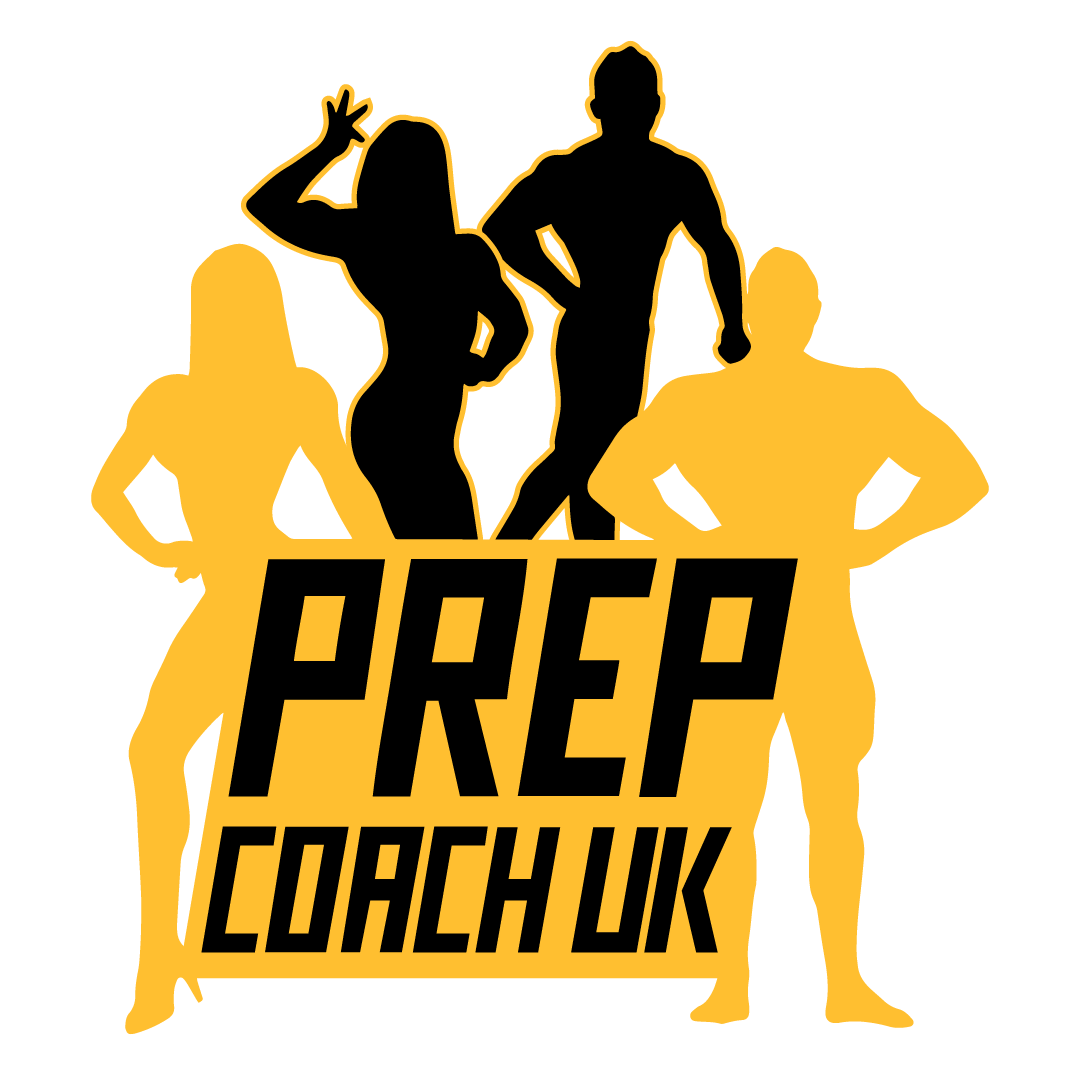Training partners
Training partners
From the very beginning of bodybuilding, training partners have been a thing – we’ve all heard of the accountability buddy, and when it comes to physique development, a training partner can be incredibly important for your progress. However, if you have a training partner, ask yourself this: are they helping you or hindering you?
As you may know, I train with Vaughan. Now, Vaughan is 40kg heavier than me, therefore I am fully aware that there’s no chance I’d get to beat him in terms of our logbook numbers. But that’s not the point – what makes him a good training partner is that we’re able to push each other to improve and progress towards our own goals. Without comparing ourselves or competing against each other, we go into the session ready to get the best out of it.
So, there’s the first misconception of training partners – people see qualities such as training experience, size, strength, and goals as the key to being a good training partner. They may also think that they need to have the same goals as their training partner or be the same size and lift the same numbers. However, those factors aren’t half as helpful compared to the extra effort, reliability and focus you can put into a session with the right person there to push you.
Do you need a training partner? Of course not, but there are many reasons why a training partner can help you take your physique to the next level. Here’s a list of some of the key points you should think about.
Your training partner is your eyes and your feedback
When you are going through a set, your training partner is assessing your form and making sure that everything you are doing is spot on: tempo, focus, positioning and effort. Their feedback at the end of your sets will allow you to know what’s good and what needs to be improved.
Do they know how to help you take it to the next level?
Personally, when I’m gearing myself up pre-set, I tend to be calm and in my own head. Therefore, I’m not someone who needs someone screaming in my face before my set. However, when the reps are flowing and I start to grind, having my training partner know where I need the last big push is vital: it helps me take the set till the end. So, if you have a training partner, get to know them and understand makes them tick.
A training partner sets the standards
As much as you think we might be, and as much as we love training, we’re not robots. You will not be 100% every day, for every session. This is clear in prep, when as you go deeper your energy is low and pushing yourself is hard; or in the offseason, where doing anything high rep is very hard. These are they key moments where having a training partner is key: they’re there to set the standards and make sure that no matter how you’re feeling, you’re winning each set and each rep. There is no slacking or being a wet wipe when you have someone else there to get you through a workout.
Friendly competition
Although you aren’t in direct competition with each other, you are there to make sure you are both working hard. However, we all know that if your training partner hits a PB, then you will be going into that set looking to beat your numbers. Similarly, if your training partner buries themselves on a set, then when it’s your turn, there’s no chance you’ll be going into it like a kitten. No matter what load you are doing, no matter how many reps it is, the friendly competition created with your training partner will make sure you always feel the need to match each other’s effort. And that’s where the magic progress happens.
Do they care about you succeeding as much as you do?
In my opinion, to rate someone as a good quality training partner, they have to want to see you win, and they have to want it for themselves and you, as much as you do for yourself and them. You have to essentially be committed to being in the trenches together. When you arrive at a more advanced point in training, you’ll be putting every single effort in to improve yourself, but that takes a lot of hard work. As such, you need someone fighting for that as well, to mirror and bounce off each other: having different specific goals are fine, but to make the most out of it, your training partners need to want it as much as you do.
Are they focussed?
You don’t have to be the same person, and you don’t need to speak about force and moment arms for the whole session. Training sessions are allowed to have some banter, but when it’s go-time, it better be go-time: don’t have a training partner who doesn’t have another gear to push.
Do they know when to push you or when you need to pull back?
When smashing sets, you need to stay accurate: your training partner should be there to tell you when you have one more rep, or when to call the set because your positioning has failed. It’s pointless to have someone there pushing you to do more when it’s not useful. It’s about longevity.
Do you need a training partner? Of course not, but there are load of reasons why they can help you take your physique to the next level, so I hope this article helps you address their benefits, or fire your current one.
Ally Burdge

